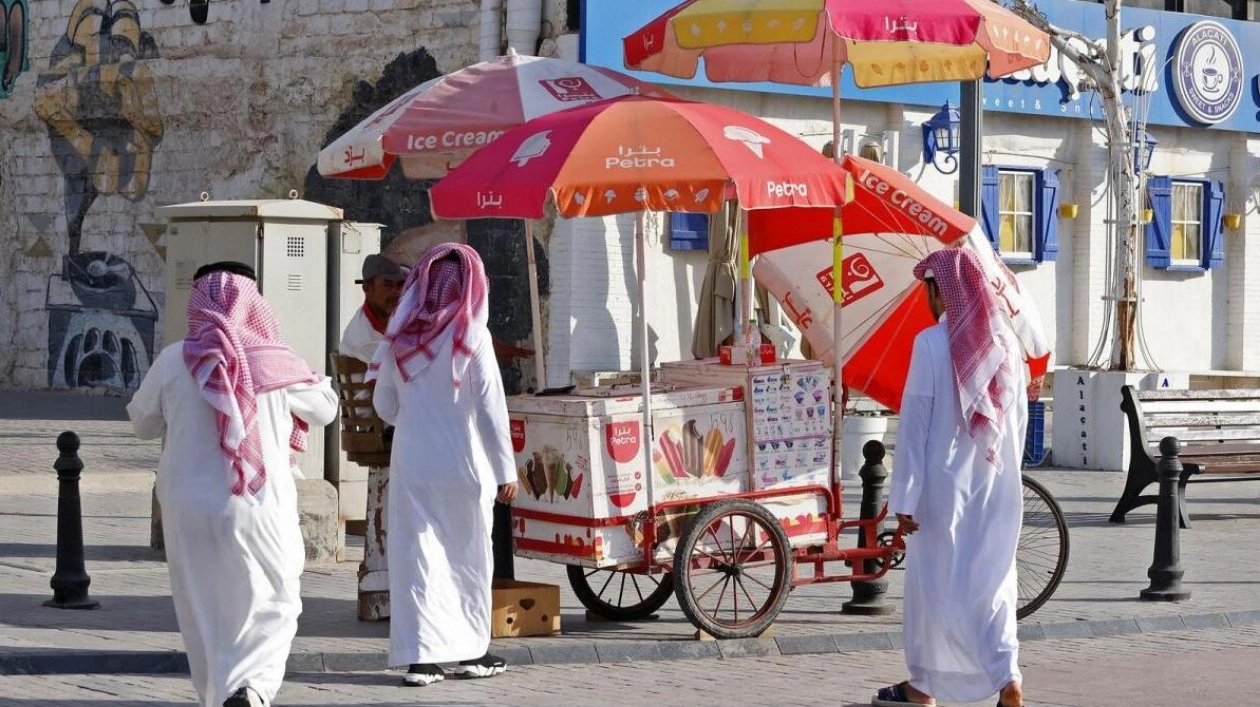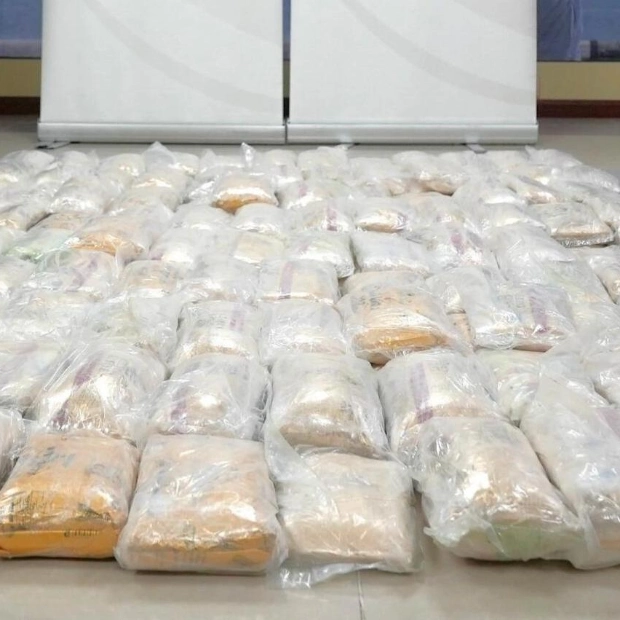Kuwait has declared temporary power outages in certain regions of the country during times of high energy usage, citing difficulties in meeting the escalated demand due to intense summer heat. In a recent announcement, Kuwait's Ministry of Electricity, Water and Renewable Energy stated that these planned outages would last up to two hours daily. This marks the first time such measures have been taken by the OPEC member state, as climate change leads to higher temperatures. The ministry attributed the outages to the 'inability of power plants to cope with the surge in demand' during peak hours, exacerbated by higher temperatures compared to previous years. Following this, the ministry released a timetable for the expected outages across various parts of the country, encouraging residents to conserve energy to reduce the strain on power plants. Kuwait, a major crude oil producer within OPEC, is known for its extreme desert heat. In recent times, climate change has intensified and prolonged the summer heatwaves, increasing the dependency on air conditioning, which is widespread during Kuwait's summer. On Thursday, temperatures approached 50 degrees Celsius (122 degrees Fahrenheit), as reported by Kuwait's Meteorological Department. Kuwaiti astronomer and scientist Adel Al-Saadoun commented, 'What we are experiencing today is a result of climate change,' predicting temperatures to exceed 50 degrees Celsius in the coming days. Last month, Kuwait procured short-term contracts for 500 megawatts of electricity, including 300 MW from Oman and 200 MW from Qatar, valid from June 1 to August 31. Energy expert Kamel Harami emphasized the need for Kuwait to overhaul its energy infrastructure, suggesting a shift from oil and gas to nuclear, solar, and wind energy. He warned, 'This is just the start of the crisis, and programmed electricity cuts will persist in the coming years unless we expedite the construction of power stations.' Umm Mohammed, a Kuwaiti woman in her sixties, experienced a two-hour power cut on Wednesday and noted that the house remained cool during the outage. She observed, 'Some people keep their homes excessively cold, even when unoccupied, which increases the load on power plants.'

Text: Lara Palmer
20.06.2024
OPEC Member Struggles to Meet Energy Demand Due to Extreme Heat, Encourages Conservation





